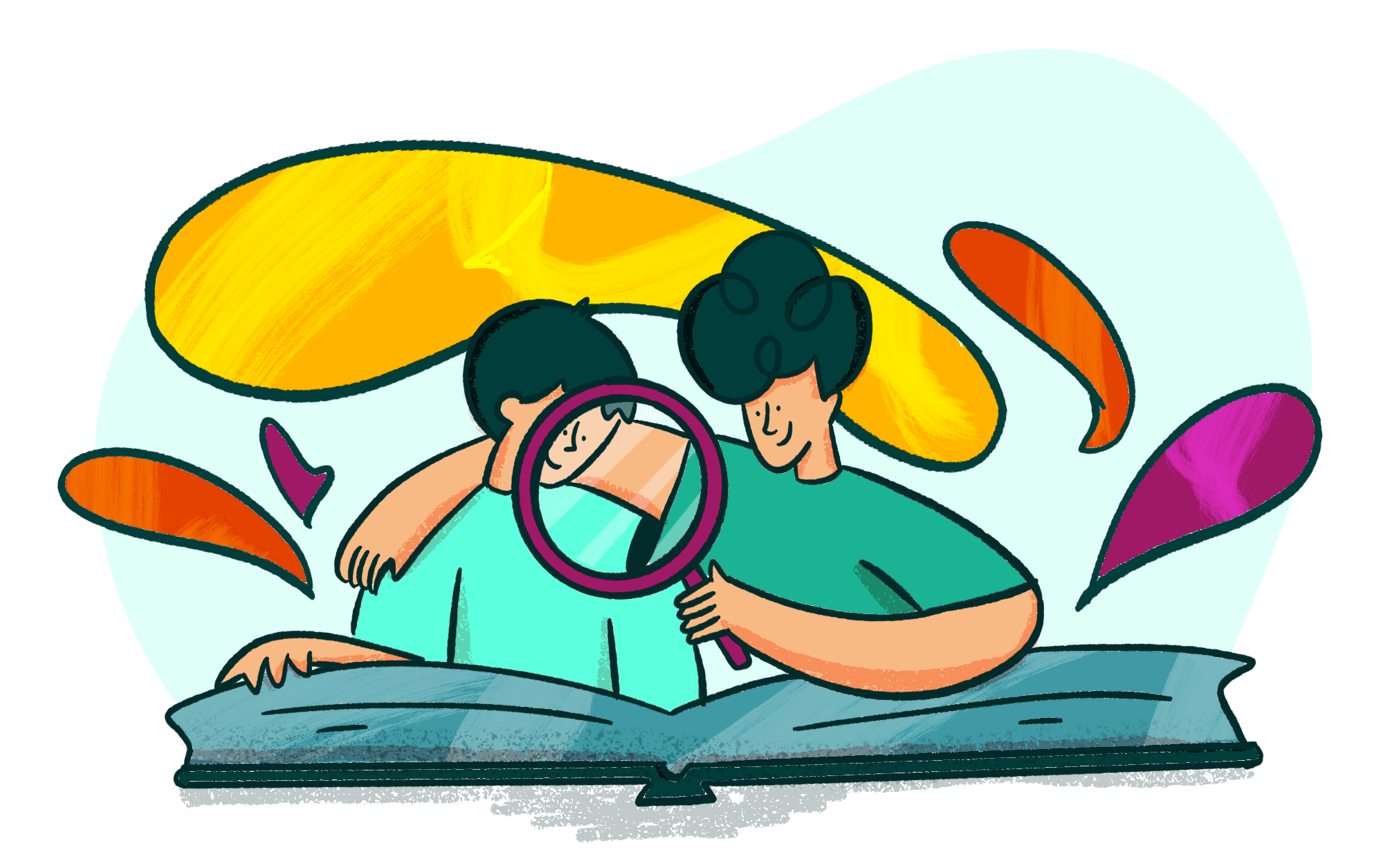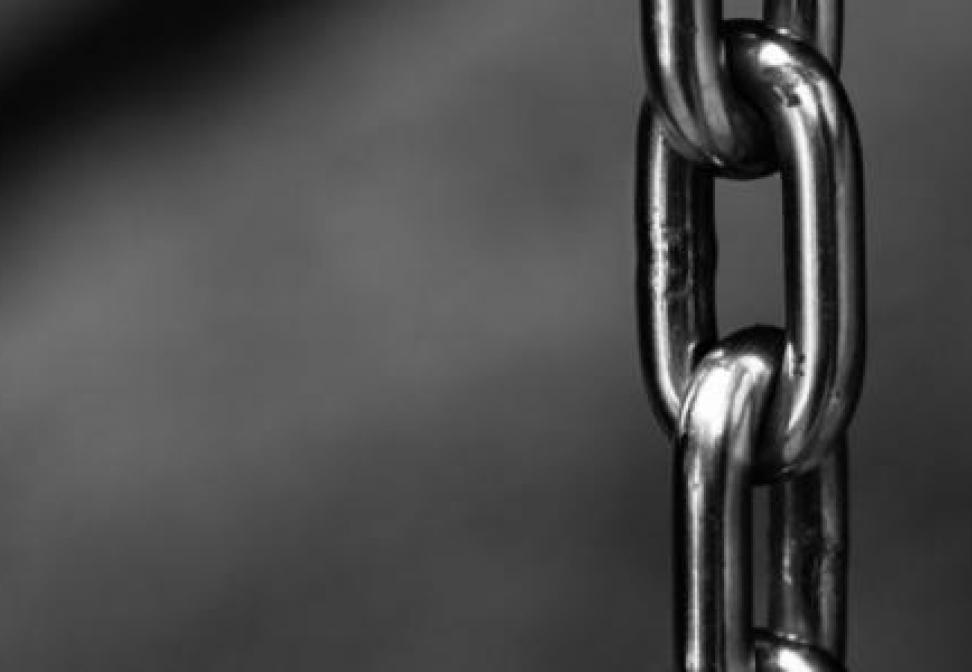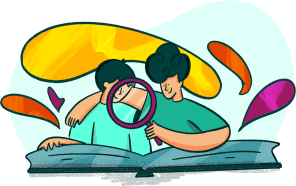When Nothing Seems to Work
A.M. is a person-in-recovery from depression and anxiety who is exercising patience with herself. Alongside treatment, she does things she loves. Recovery takes time.
I’m A.M. and I have depression and anxiety disorder, or what I call, D+A. This has been my reality for the past three and a half years.
The dysphoria started when I was 16. There was a ceaseless cloud of malaise and suicidal thoughts. Anxiety attacks were quotidian. I didn’t know what was wrong with me. Or rather, I didn’t want to admit that I had depression and anxiety disorder.
I was averse to the idea of seeking help as I was reluctant to acknowledge my condition. I hated that it was a part of me. Thereafter, I started dealing with my condition through unhealthy ways, suffocated by everything around me — people, commitments, and school. I began isolating myself socially and retreated into a bubble. All I could remember was crying myself to sleep just to escape the melancholy, which grew worse with each night. The year 2016 was also the time of my ‘O’ Level examinations, which compelled me to supress every single emotional baggage and personal issue. This denial and self-negligence was the start of everything unpleasant.
By Junior College, I could no longer deny that D+A was present in my life. So I reached out for proper treatment. Initially, it felt like everything was finally going in the right direction. But I was mistaken.
My treatment entailed medications, counselling and therapies. Juxtaposed with the expectations of recovery, my condition got worse. Every visit to the psychiatrist and psychologist only resulted in higher doses of antidepressants which ironically made me feel worse. I was locked in a suicidal state and my short-term memory significantly degraded temporarily due to the use of anti-anxiety pills. It was a living hell. I was brought to the Emergency Room of IMH twice, missing out on school.
By 2018, I was desperate to get better. I got increasingly frustrated and disappointed at myself for being this way. I thought being able to get help for it was all that there was to it. I lived each day hating the mess that I had become. I remembered walking around feeling the weight of the “grey cloud” on me everywhere I went. I remembered crying a lot. I questioned if this sort of life was worth the struggle.
Ultimately, I just got tired and gave up on the pursuit of recovery. Nothing had worked, everything was bleak. At the time, I felt D+A was going to cling on to me for as long as I lived. So I stopped my medication, I stopped therapies and I stopped counselling sessions. I decided to just let it take over my life, until that one panic attack, the worst that I’ve had. I realised that I was, once again, back to square one.
I decided to give treatment one last try and agreed with my psychiatrist to take a six-week break from school just to focus on myself, and on treatment. I remember feeling angry at myself for turning into this mess.
With this epiphany, I started setting goals for myself, I slowly started to venture out doing things that I really love and enjoy. I eventually decided that I needed to be on a path where I would feel a sense of fulfilment and press that restart button which I’ve been searching for all along. Hence, I started on this journey to fight D+A head on.
I left Junior College in the middle of my ‘A’ Level year, dropped important involvements in 2018 and really started doing things that I love. I decided to start studying things that would make my heart feel fulfilled and leisure activities that would make my heart beat in excitement. I started doing all these things alongside receiving treatment.
I’m not saying that I’m totally off the hook with D+A. I still do have panic attacks in crowds when I’m alone. I still panic sometimes whenever I have to take the train alone during peak hours without blasting music into my ears and I still do panic when I enter a crowded cinema by myself. I am still on medication and have bouts of depression from time to time. However, life in general has never been better. I do feel a huge improvement in my condition and I’m not even sure if it’s the medications or if it is because I’ve decided to set D+A to be a separate thing from myself. Perhaps medication and therapy have their limits when it comes to me. Maybe all I needed was to take baby steps in doing the things that I love. Maybe all I needed was effort to put my focus into fighting against it instead of running away incessantly, expecting treatments to work on their own.
Treatments are never going to work on their own without your will to fight against it. If no medication works for you yet, that’s okay. Everyone’s different, keep on searching for one that is right for you. No one medication is going to suit everyone the same. If no therapy works for you yet, it’s okay. Ask for an alternative. If there aren’t any yet, it’s okay. Just don’t let go. Keep holding on, keep on searching and you’ll eventually find your way up that mountain.
When nothing works yet, it’s okay.
A.M. believes in life and aspires to pave a path full of love and compassion, preparing one for the right circumstances and right people.
This first-person story was originally published in March 2019 in The Tapestry Project SG, an independent, not-for-profit online publication that champions mental health recovery through the power of first-person stories. This voluntary ground-up initiative is run by persons-in-recovery who share a passion for mental health awareness, education and empowerment. Their stories are written by, and for persons who are touched by the realities of mental health challenges.
Our Better World is grateful to The Tapestry Project SG for the permission to re-publish this story as part of our series on Mental Health, Silent No More: Giving Voice to Mental Illness.








